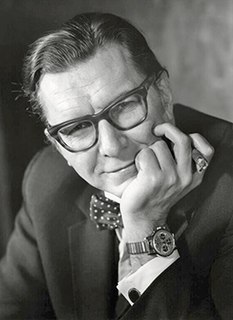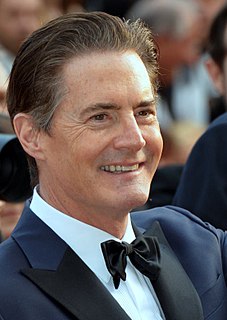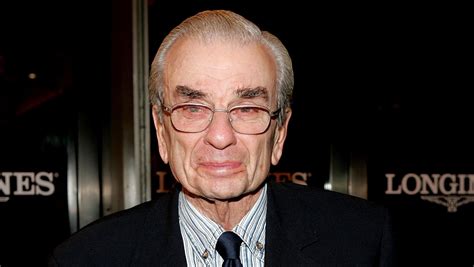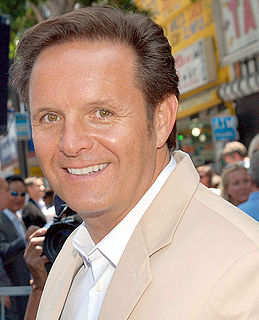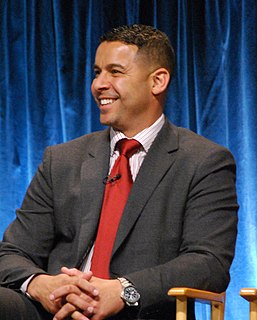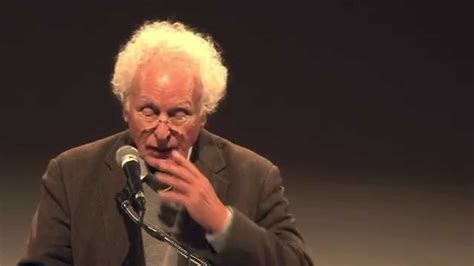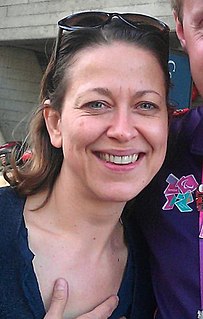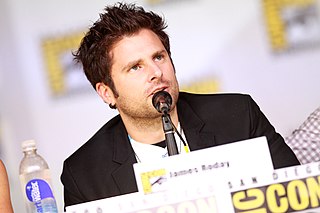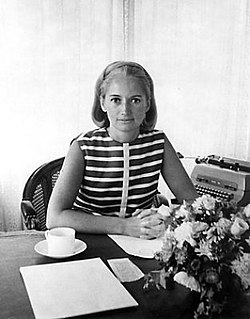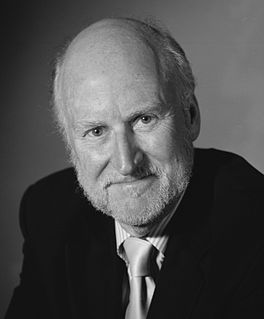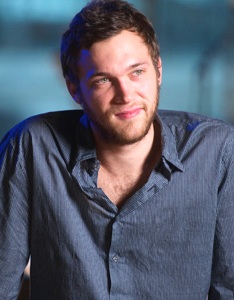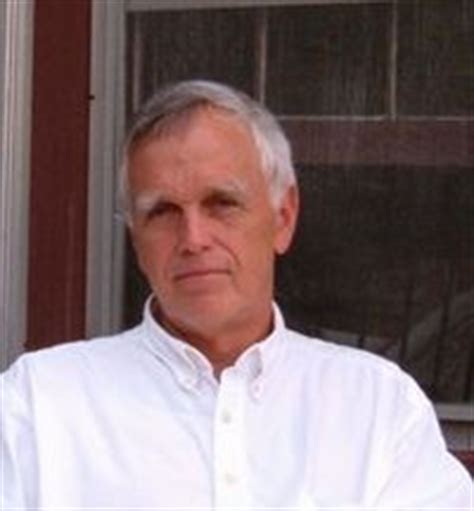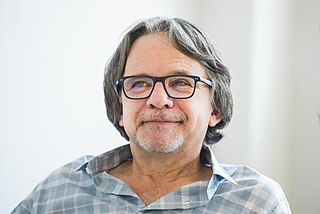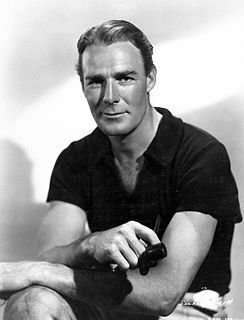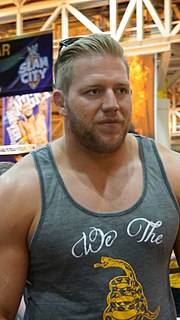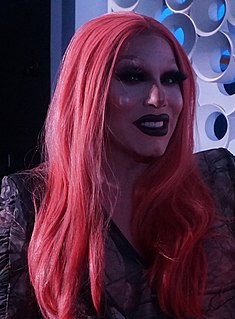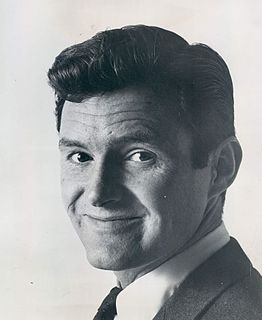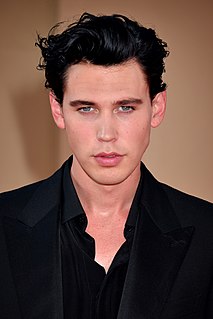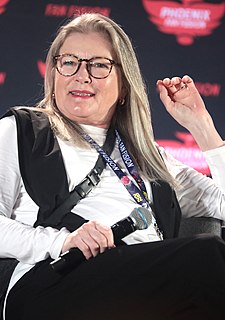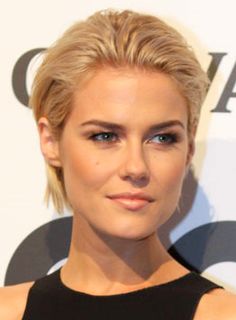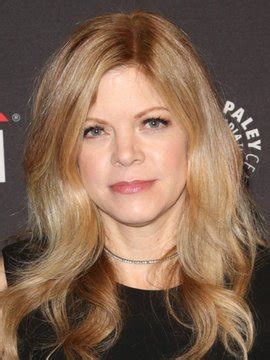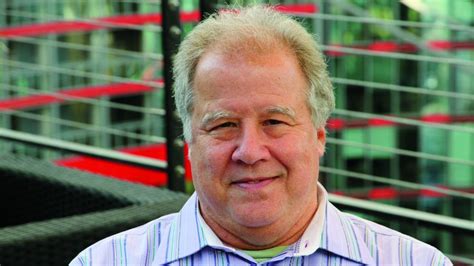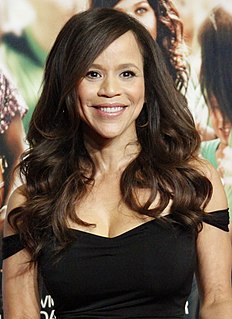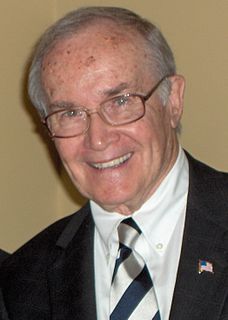Top 1200 Television Drama Quotes & Sayings - Page 12
Explore popular Television Drama quotes.
Last updated on November 15, 2024.
When I was a kid, I had ambitions for being a television announcer, which was before television took off, you know, in the late 40s. And just through necessity, going out looking for work, I was starting to sing, and dance, and act, and I never expected to do that, nor to have any success at it at least.
It makes sense that it's so different from film and television, because it's so in-depth. As actors, when we're in film or television, we can have transcendent moments and we get to work with really creative and incredible people, but it's such a small percentage of your time that's about your process.
When I went to Yale, I thought it would be like in Stenford 24 hours a day. Robert Brustein, former dean of the Yale School of Drama and founder of the Yale Repertory Theater was there, and we did all this very serious - I would go so far as to say completely humorless - Eastern European drama, as well as August Strindberg, and Henrik Ibsen, we weren't allowed to do William Shakespeare or Tennessee Williams or Eugene O'Neill. I was not in the right place.
When 'Malcolm in the Middle' was over, I was looking for a drama more than a comedy...but if it was a comedy that came up, it would have to be as well-written as 'Malcolm' was, and it would have to be a different kind of character than I played on that show. That's harder to come by. In drama, there were more opportunities, more options for me, and when I read ('Breaking Bad'), it was just, 'Good night, Nurse! I'm going after this sucker!'
It is no accident that television has been dominated by a handful of corporate powers. Neither is it accidental that television has been used to re-create human beings into a new form that matches the artificial, commercial environment. A conspiracy of technological and economic factors made this inevitable and continue to.
I found myself at Cambridge, loved my course, and met these amazing people who got me heavily involved. I presumed I would have to go to drama school, but I did a play with my uni friends, who were doing lots of pub theatre in London, and through that met my agent. She said 'Don't go to drama school. I'll get you a job' and two weeks later she did.
When he came to television, there was no way I wasn't going to watch. Of course, he delivered everything that you would expect David Lynch to deliver, and more, and he was doing it in primetime network television. Even as a 14-year old, I wanted someone in the room with me that I could look over and say, 'Can you believe we're watching this?'
The first time I watched television I felt exactly as if something important had taken an elevator ride up to my head and gotten off and turned on the light in my mind. I knew that I was going to do something in television. It was in my cards. I remember feeling the warm relief of knowing where my future was.
The tough decisions that a president has to make in the Oval Office are in no way related to the capability of a person to do well on television. On the other hand, the capability of a person to project favorably on television enhances that person's odds of being elected so he can serve in the Oval Office. So you can't ignore the talents, one, to be very effective on television, and on the other hand, to be very effective as an operating president.
When I was a kid, I had ambitions for being a television announcer, which was before television took off, you know, in the late '40s. And just through necessity, going out looking for work, I was starting to sing, and dance, and act, and I never expected to do that, nor to have any success at it at least.
You used to have to make a choice. Is it a serialized television show, or is it a stand-alone or procedural? We were wildly influenced by The X-Files. Even when we created Fringe, it was the same thing. It's the gold standard of all gold standards, in genre television, and it was so wonderful because you felt so much for those characters.
My father did think I should get interested in television. But I had very little interest in television and it wasn't something I wanted to do. I really never thought about going to work on big feature films in Hollywood. But when we made The Householder, Columbia Pictures bought it. Who would have ever imagined?
Back in the fifties I was the hot, young comic on CBS and a regular on 'The Ed Sullivan Show.' I was also starring in shows on Broadway and acting in dramatic programs on television. Those were the glory days of television. It was like theater. It was live. If an actor forgot a line, he improvised. There was an immediacy to it.
I was quite straight-laced. I was quite academic until I was about 14 and then I went to boarding school where I had the opportunity to continue to be very academic, but got less interested in it and became more involved in acting. And then when I was applying for universities I used a couple of places on my UCAS form to apply for drama school without telling anyone... but didn't get into drama school. But that was the most rebellious thing I did.
When I was nine, I found a copy of 'Doctor Who: the Making of a Television Series' in the school library. It had a picture of Peter Davison on the front, and it was a formative book for me. It explained all the different departments like the script, cameras, and sets and explained how a television show is put together.
It's the digital era. What makes it exciting is that it's both the Golden Age of television and the Wild West of television. Something is happening now that's unprecedented, and we know that we're a part of it. What could be more exciting or better than that? You can't lose because you're on the pony and you're staking the claim.
So, I installed a CCTV system to tape what's going on inside my mind.
Thousands of hours of drama, confusion, discussion, huge special effects and futuristic scenarios.
Also a lot of chatter, drama and suspense.
Is like to go to the movies for free, every day.
The CCTV technology used is the SSM-X45. Whose initials stand for:
Sit down, Shut up and Meditate
(X45 is just to sound more hi-tech)
'Hereditary' is unabashedly a horror film, whereas 'It Comes at Night' was a lot of things: it was a thriller; it was a postapocalyptic drama. It was a slow-building, very dark movie about relationships. 'Hereditary' is also about relationships, and I hope it functions as a vivid family drama, but it is also very much a horror film.
The desire to keep television out of our son's life was one of the few parenting priorities my husband and I agreed on from the beginning. We debated the pros and cons of co-sleeping, of pacifiers, of chemical-free crib mattresses and baby sign language. The television question, on the other hand, was a no-brainer.
When television is good, nothing - not the theater, not the magazines or newspapers - nothing is better. But when television is bad, nothing is worse. I invite each of you to sit down in front of your television set when your station goes on the air and stay there for a day without a book, without a magazine, without a newspaper, without a profit and loss sheet or a rating book to distract you. Keep your eyes glued to that set until the station signs off. I can assure you that what you will observe is a vast wasteland.






